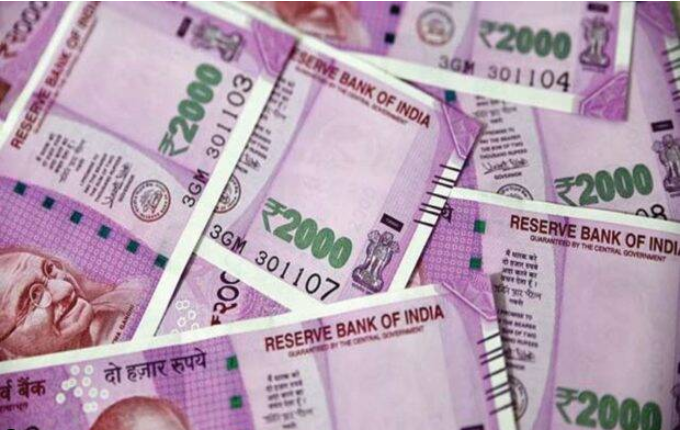HRA Taxation: Due to the Corona epidemic, the Income Tax Department has extended the last date for filing personal income tax return for the assessment year 2021-22 to 31 December 2021, which was earlier 31 September 2021. How to save tax on HRA If you want to save tax
HRA Taxation: Due to the Corona epidemic, the Income Tax Department has extended the last date for filing personal income tax return for the assessment year 2021-22 to 31 December 2021, which was earlier 31 September. It was 2021.
How to save tax on HRA
In such a situation, if you are trying to save tax, then definitely know about how to save tax on HRA. HRA is the allowance given by the company to the salaried class, it is fully taxable. We are going to tell you how you can save this tax.
According to the Income Tax Act, HRA is exempted under section 10 (13A). Total taxable income is calculated by deducting HRA from total income. Keep in mind that if the employee of the company lives in his house or does not pay the rent of the house, then the amount received in the form of HRA in his salary will be taxable, which means tax will have to be paid.
Calculate tax exemption in HRA like this
Now the question arises that how much tax can you save on HRA. Its calculation is very easy. In any of the three situations given below, whichever amount is the least, the benefit of HRA tax exemption can be availed.
1. How much is the HRA in your salary
2. 50% of the basic salary if you live in metro cities like Delhi, Mumbai, Kolkata, 40% of the salary if you live in non-metro
3. Annual income of the house actually paid The amount left after deducting 10% of annual salary from rent
HRA exemption calculation
Suppose your monthly basic salary is Rs 15,000. You get HRA of Rs 7000 from the company. You live in a metro city and pay house rent of Rs.8400 per month.
To get HRA benefit, whichever is the least of these three will be exempted, the rest will be taxed.
1. Actual HRA received = 7000×12 = 84000 per annum
2. 50% of Basic Salary (Metro) = 50% of 1.8 Lakhs = 90,000
3. Total Annual Rent – 10% of Basic Salary = 10 of 100800-1.8 Lakhs = 82,000
Now as it is visible that 84,000 you have got actual HRA, but it will get tax exemption at Rs 82800 as this amount is the least of these three. The remaining amount 1200 will be added to your salary, which will be taxed according to your slab. Your salary is in the slab of 20% here, so you have to pay tax at 20% of
1200 = Rs 240.
That is, you will have to pay tax of Rs 240. But keep in mind that the benefit of tax on HRA can be availed only if you have rent receipt. Even if you have a rent agreement with the landlord, you can still take advantage of it. If you have paid more than Rs 15,000 every month or Rs 1 lakh in a year as rent, then it is necessary to give PAN number of the landlord to get the exemption.
Some important things on HRA
- Tax exemption can be available only if the employee has actually paid the rent of the house, it is only for the salaried class, self-professionals do not get the benefit.
- Even if the employee has paid the rent to any member of his family, he will still get exemption on HRA.
- If the employee is the owner of a house, but he lives in a rented house at some other place, he can still claim tax exemption on HRA.
- If the company does not give HRA to the employee in salary and the employee lives in a rented house, then in such a situation HRA will not be entitled to tax exemption.
- In this case, the employee can take deduction under section 80GG.


